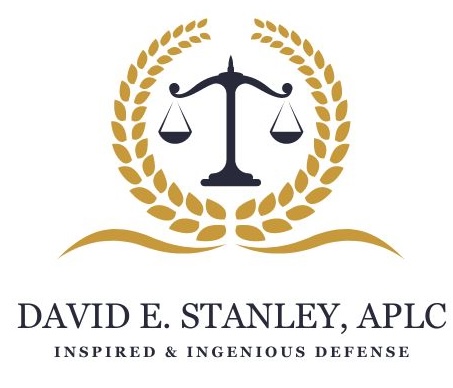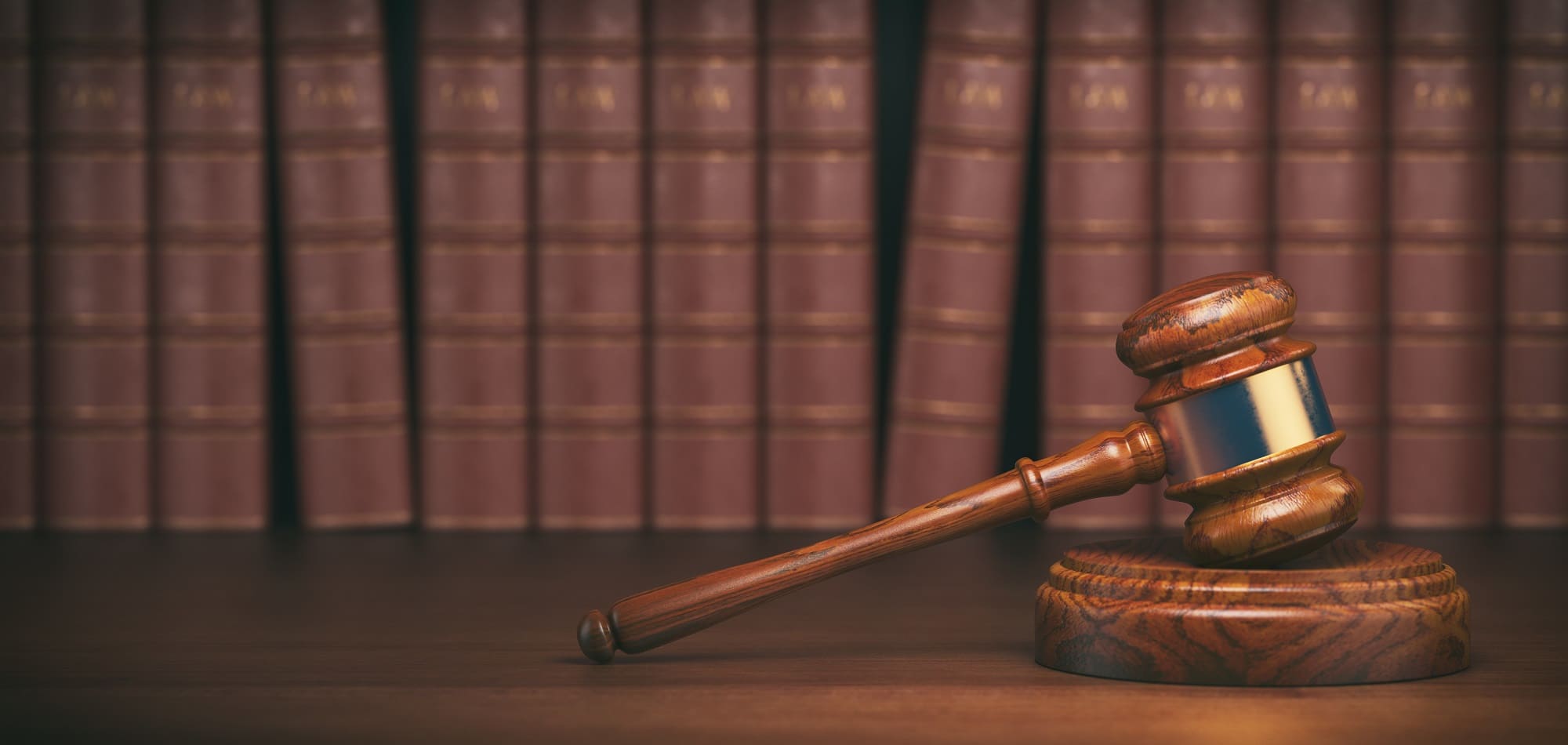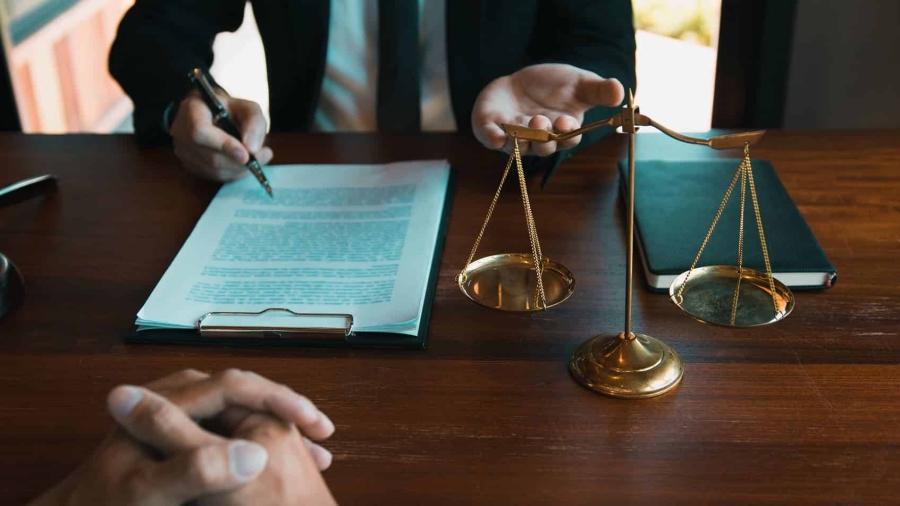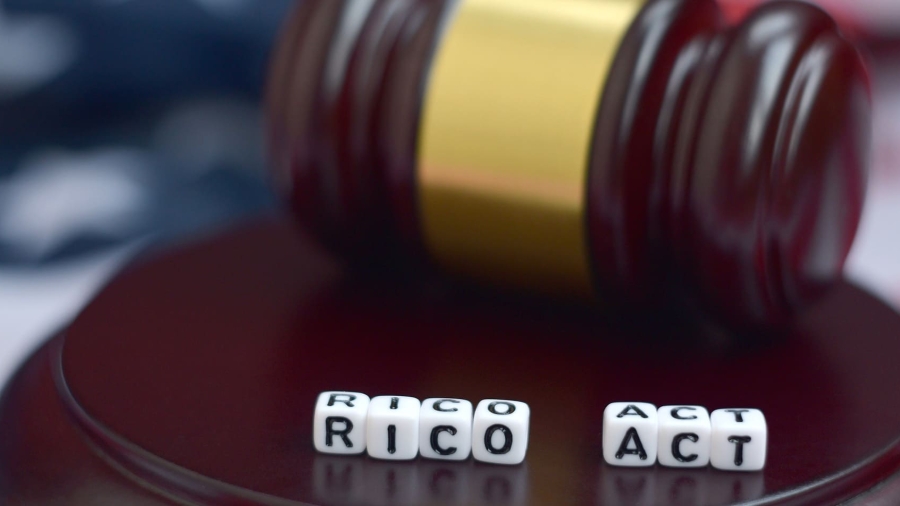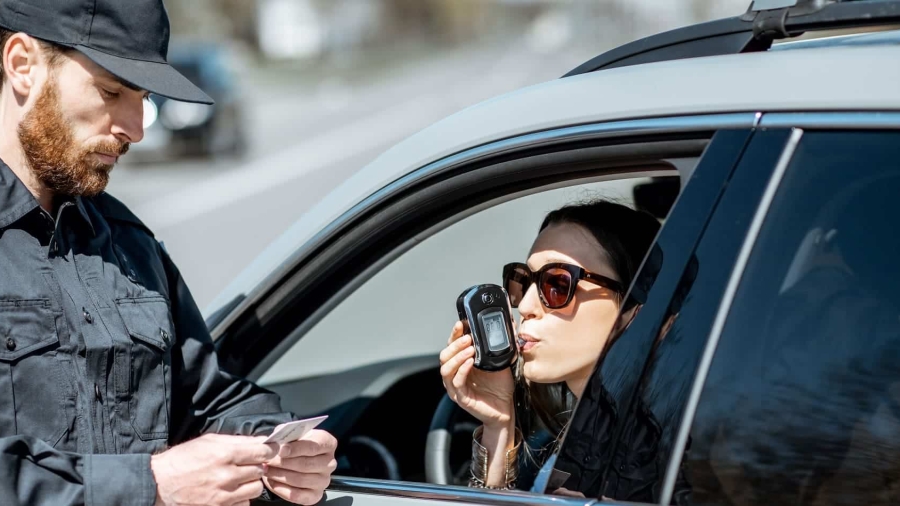Over the last few decades, as credit lines have increased and aggressively pushed by banks and suppliers, so has the chance for persons to participate in identity theft, forgery, and other illicit conduct involving credit cards. The misuse of a credit card, also known as credit card fraud, occurs when someone obtains anything of value to defraud a credit card issuer or retailer by passing off a credit card or debit card that isn’t theirs. The ultimate purpose of this crime is to acquire “something for nothing” while leaving the bill to someone else. Contact a defense attorney immediately for some much-needed legal advice if you’ve been arrested or suspected of credit card fraud.
If charged with credit card fraud, Attorney David E. Stanley, APL, can offer you influential legal counsel if you have been accused of credit card fraud, regardless of your charges or the circumstances surrounding your case. Contact us for an appointment with a credit card fraud lawyer!
Call David E Stanley APLC At 225-926-0200 Now!
Everything You Need To Know About Misuse Of A Credit Card
What Is Credit Card Fraud?
Credit card fraud is a type of financial fraud that has become increasingly frequent in today’s world. Every year, an estimated $1 billion is stolen in the United States due to various credit card fraud schemes. As a result, people must know how to avoid or report lost or stolen credit cards.
What Are Some Examples Of Credit Card Misuse?

Many people do not consider the consequences of misusing credit cards, but it is illegal. The following are examples of credit card abuse:
● Obtaining a new credit card through deception.
● Buying a credit card from someone who isn’t the issuer.
● Selling a credit card to someone else.
These are only three examples of how a credit card could be illegally misused. Other types of misuse could be considered fraud, such as going over your credit limit and filing for bankruptcy to avoid paying.
Is Misuse Of A Credit Card The Same As Fraud?
Yes, it’s the same in a lot of circumstances. For instance, you are committing fraud if you lie about your salary to gain a higher credit card limit. Likewise, you may be committing fraud if you rack up debt to try to have it erased in bankruptcy without paying for the products you bought. Misusing credit cards can result in enormous financial losses for credit card lenders and other victims, which is why the regulation is so strict.
Those authorized to provide products and services can also commit credit card fraud. Did you know that charging more than you agreed to or issuing charges for stuff you did not agree to acquire is considered fraud by someone selling goods or services? If you don’t authorize the transaction, no provider can use your card to make a transaction.
How Can You Defend Yourself If Accused Of Credit Card Fraud?
It’s critical to be cautious while using credit cards to protect oneself. Ensure your customers agree to the terms and sign for the transaction if you receive money. If a credit card is offered to you from an unusual source, decline it. Knowing where you receive your credit and how you use it is critical to avoid being accused of attempting to cheat the credit card company or breaking the law in other ways.
Frequently Asked Questions
How Can I Prevent Myself From Credit Card Fraud?
Individuals can avoid credit card fraud by taking simple precautions, such as not giving out a credit card or PIN information unless dealing with a reputable company. In addition, not writing down PIN digits, keeping them in one’s wallet, and enrolling in online statements, allows a person to view charges online promptly. Another crucial action consumers can take to obtain a credit report regularly. A credit report can help a person figure out what loans and responsibilities they have under their name.
What Are Possible Defenses Of Credit Card Fraud?
A defense credit card fraud can be defended in several ways, including:
1. When a prosecutor or insurer cannot fulfill the burden of proof required to prove that a copy occurred, this is known as insufficient evidence.
2. A remark that is not deceptive. Making a false or fraudulent statement is one of the elements of financial fraud. However, if a defendant can demonstrate that the wrong fact was indeed an opinion or that the information was technically correct, they did not commit fraud.
3. Entrapment is when the government forces an innocent person to perform a crime that they would not have committed otherwise to catch them in the act.
4. Absence of financial fraud intent. A deception activity is included in the definition of fraud. The burden of proof is on the prosecution or the insurer. The defendant would have to demonstrate that they had no intention of committing financial fraud.
Is It Necessary To Get Legal Advice?
If you have any issues, questions, or worries about credit card fraud, you should speak with an experienced credit card fraud attorney. In addition, your attorney will inform you of the laws in your country and assist you in filing lawsuits against anyone who has used your credit card.
Credit Card Fraud Lawyers

The misuse of credit card charges can be a stressful and overwhelming experience. You’re undoubtedly concerned that your liberties and privileges are jeopardized, and you have any questions. However, you may relax because David E. Stanley, APLC, a criminal defense attorney, is on your side. Get the justice you deserve! Call us today!
Facing Criminal Charges?
Call David E. Stanley, APLC, At 225-926-0200 Now!
David E. Stanley, APLC
1055 Laurel Street Suite 2
Baton Rouge, LA 70802
225-926-0200

David Stanley is the founder and principal of David E. Stanley APLC. Since 1983, Mr. Stanley has successfully practiced law from his office in Baton Rouge, Louisiana.

